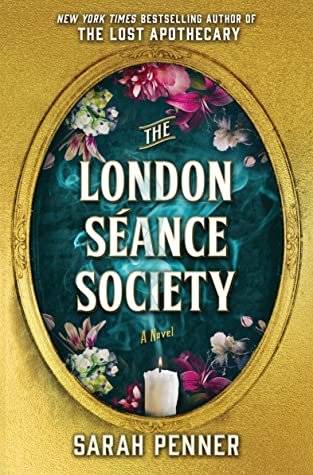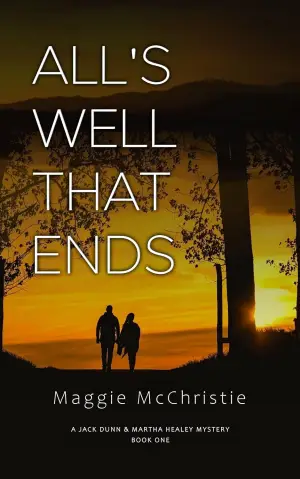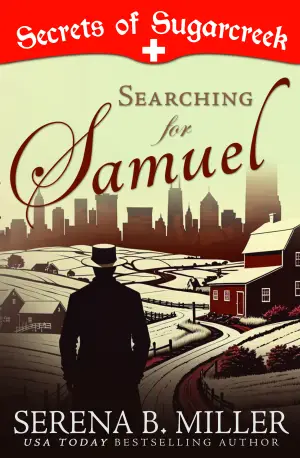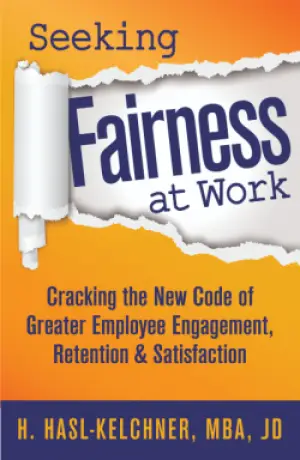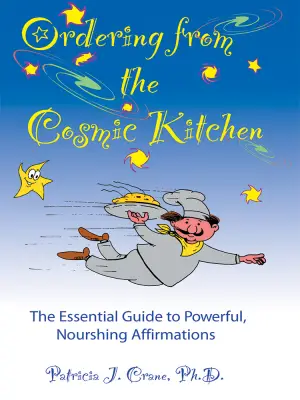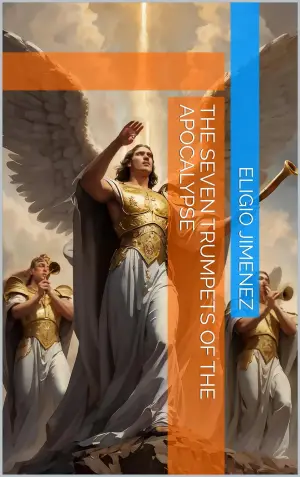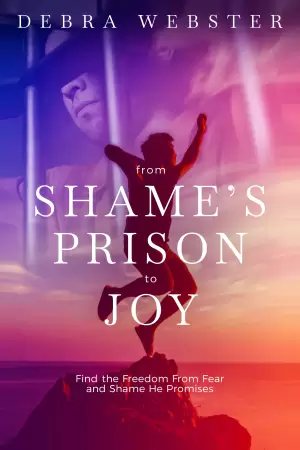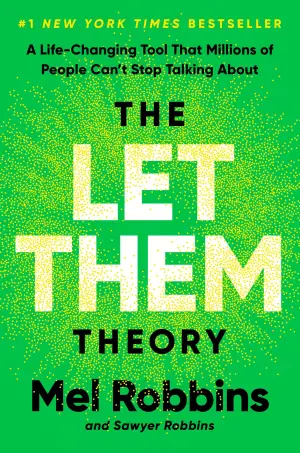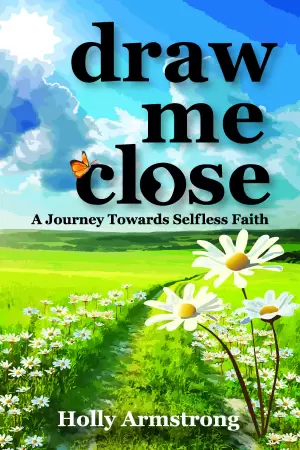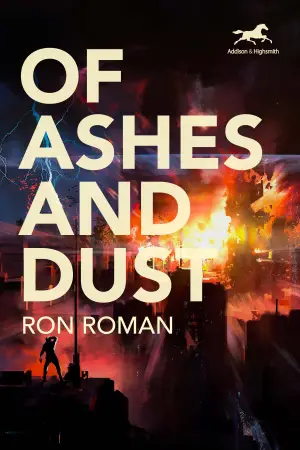A Haunting Glimpse into the Past: My Thoughts on The London Séance Society
As a lover of all things Victorian and a keen admirer of atmospheric mysteries, when I stumbled upon The London Séance Society by Sarah Penner, it felt like the universe was sending a whisper of intrigue my way. The very concept of exploring the dubious art of spiritualism in a decade marked by both scientific reasoning and superstition tickled my curiosity. Penner’s debut novel, The Lost Apothecary, had left a memorable impression on me, so I was eager to see how she would weave together themes of grief, gender dynamics, and the supernatural in this historical mystery.
Set against the shadowy backdrop of 1873 Paris, the story immerses us in the world of renowned spiritualist Vaudeline D’Allaire and her sceptical understudy, Lenna Wickes. Lenna, driven by her own tragic motive—the mysterious death of her sister Evie—crosses the Channel to London, plunging into a web of deceit and danger as they attempt to unravel the murder of a Séance Society chairman. The idea of summoning spirits to solve crimes is undeniably captivating, and I was drawn in.
One of the highlights of the book was its ability to evoke a creepy atmosphere, especially during the séance scenes. The tension and suspense were palpable enough to make me feel I was there, witnessing the eerie rituals firsthand. Unfortunately, I craved more of these haunting moments; they offered a delightful contrast to the melodrama present in other parts of the narrative.
Lenna, however, left me conflicted. Portrayed as a woman of science, she frequently faltered in making logical decisions, often becoming enmeshed in romantic distractions that felt at odds with her character. I found myself wanting to shake her out of her impulsive reveries! While the supporting female characters were delightfully complex, reinforcing the narrative’s exploration of misogyny in Victorian society, Lenna’s characterization felt undercooked, resembling a missed opportunity.
Penner skillfully painted the broader societal context, and the echoes of past horror felt all too relevant. Yet, I was disappointed by some aspects of the plot, particularly the middle section, which meandered into an unconvincing territory of clichéd twist and turns. The pacing slowed to a crawl, testing my patience before the story regained momentum in the final act.
Mr. Morley’s perspective, although promising at first, adhered to a predictable formula, becoming an info dump rather than an enriching experience. This inconsistency in narrative technique made it challenging for me to fully immerse in the storyline. Despite these drawbacks, the darker elements of the plot—including the ending’s satisfying comeuppance—made it worthwhile.
While The London Séance Society is sprinkled with entertaining moments, it also confronts readers with plot holes and a reliance on romance that dilutes the intrigue. For those who enjoy historical mysteries and don’t mind setting aside logic for the sake of mood, it may still provide an enjoyable read.
Ultimately, I’d recommend this book to fans of atmospheric mysteries who appreciate a blend of spirituality and skepticism. While it may not become a beloved classic for me, I emerged from the pages richer in thought and with more questions about the era it depicts.
So, if you’re curious for a one-time read filled with enchantment and a bit of haunting, give The London Séance Society a go! Just remember, sometimes it’s best to put logic aside and dive into the intrigue.
⭐⭐⭐
Thank you to Harlequin Trade Publishing and NetGalley for the digital review copy. This review reflects my honest opinion, and it is worth noting that I shared this reading journey with my buddy, Srivalli, who had her own enchanting experience with the novel. Don’t forget to check out her review, too!
[ad_2]
Discover more about The London Séance Society on GoodReads >>

